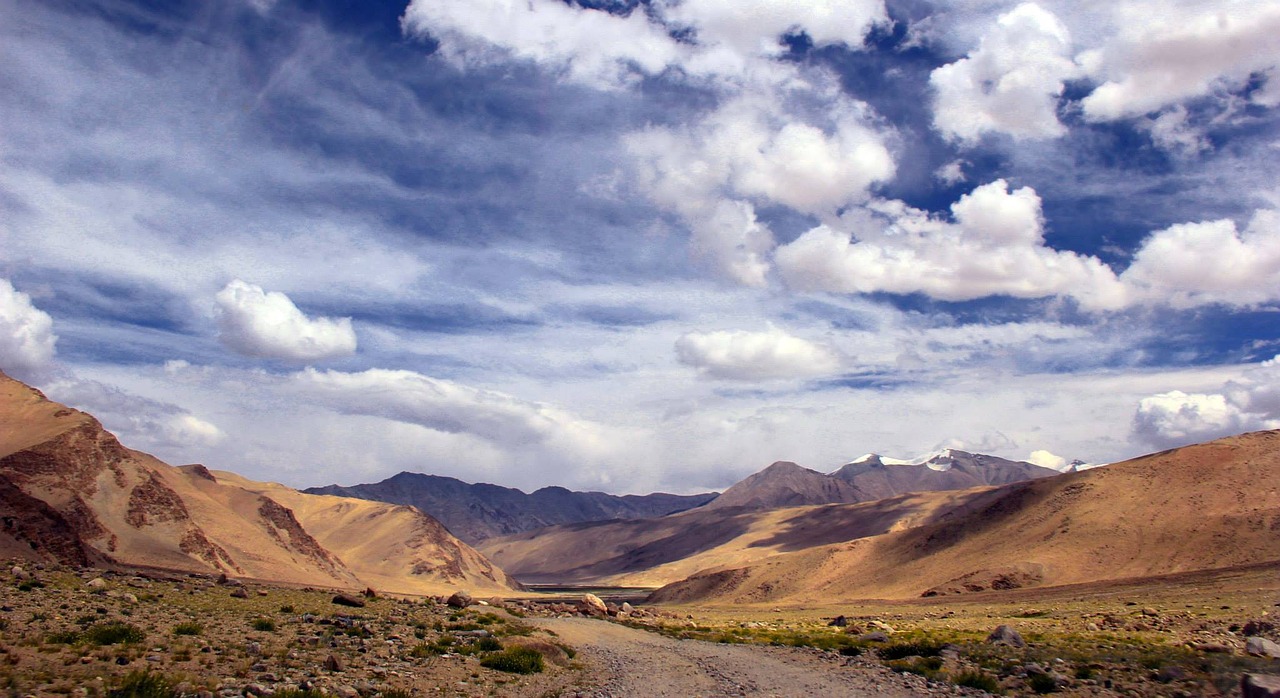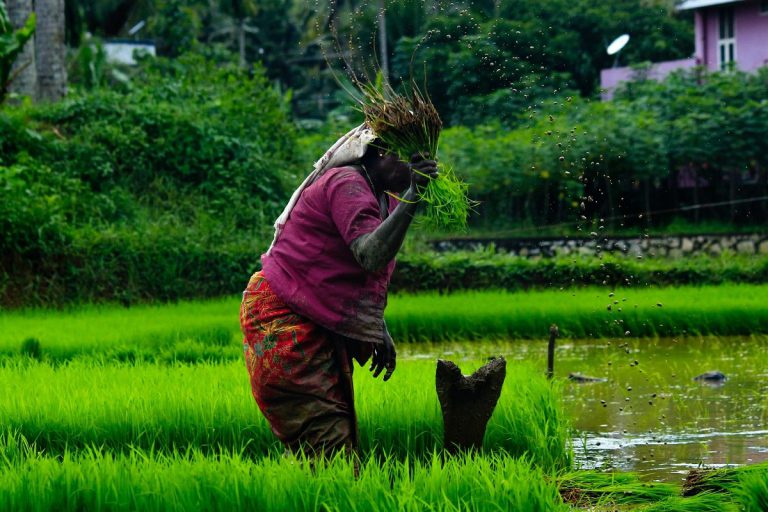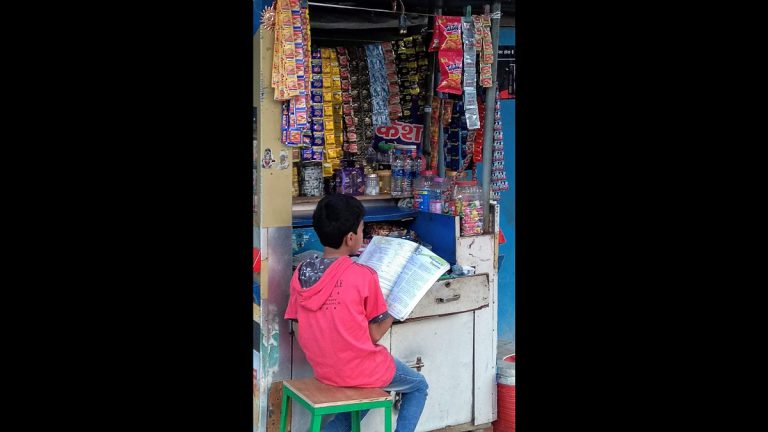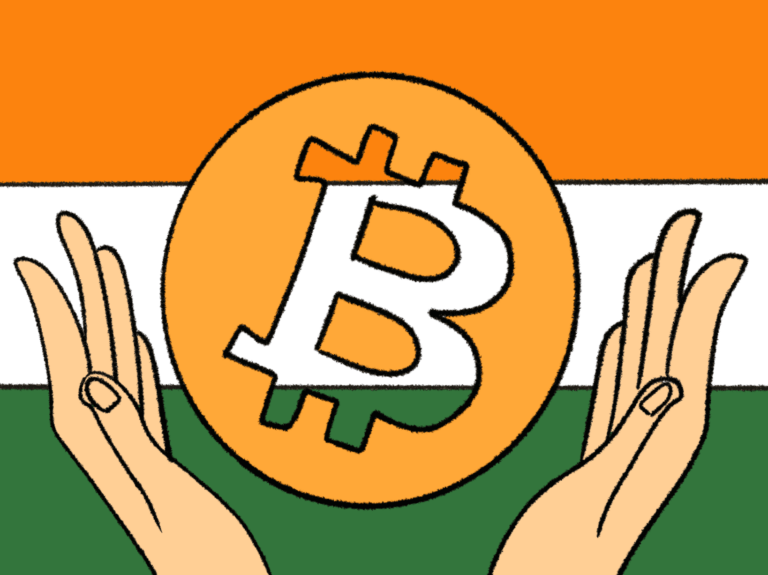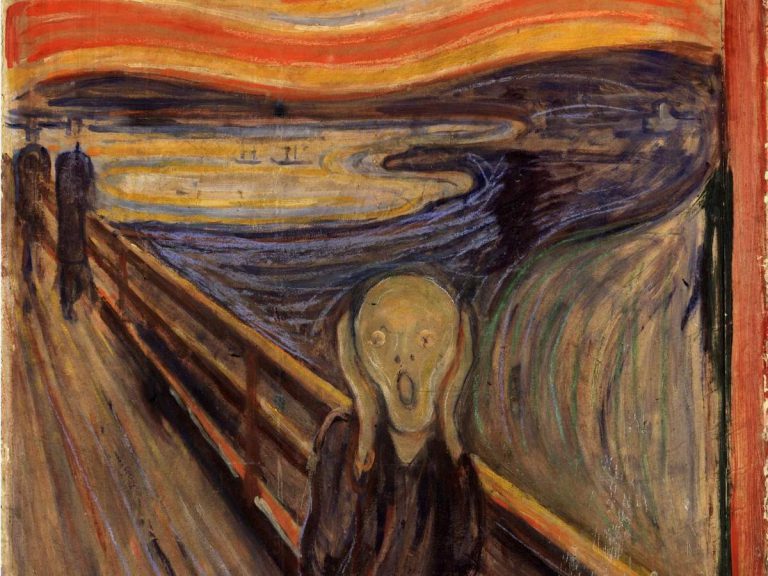Jammu & Kashmir – The never ending saga

On the 5th of August 2019, Home Minister Mr. Amit Shah introduced the Jammu and Kashmir reorganization bill (to be effective from the 31st of October). After getting the assent of the president on the 9th of August, the bill was also accompanied by corollary presidential orders and made earlier provisions of Article 370 defunct.
Not only this, but the new act has even repealed 153 state laws and extended 106 central laws (mentioned in schedule 5 of the J&K reorganization act) to J&K and Ladakh Union Territories. Additionally, an assembly with 107 seats, of which 24 seats will remain vacant on account of areas falling in PoK, has been created in J&K UT. The monumental step caused an uproar all around, and various debates/issues were raised, which are analyzed in the essay.
The journey of Article 370

There could be nothing more redundant to talk about, in the current socio-political scenario, than the history of the special status of the erstwhile state of Jammu and Kashmir. From popular media houses to prime time debates, political commentators from every nooks and corner to long messages in social media, history lessons are everywhere. Moreover, for the last two months, this country has seen many political historians emerge either in support or against the move of the current BJP government, regarding J&K.
We have seen people go back to the instrument of accession, Gopalaswami Ayyangar’s original draft of the Article, Sheikh Abdullah and Nehrus’s Delhi Agreement in 1952, 4th presidential order (1954) and whatnot. Despite all these conversations, it seems as a consensual notion that the special status of J&K attracted limelight because of it being an international territorial dispute. The constant harboring of terrorism from PoK and Pakistan has undoubtedly created many hells, in heaven on Earth.
Even now, when Article 370 is nothing but a mere extension of all constitutional provisions to J&K (it was exact opposite before the 6th of August,2019), it is challenging to ascertain whether the bloodshed in the valley will ever stop. The recent increase in violence by militants against the non-Kashmiri workers is nothing but a warning that this step might tend to infuriate militancy like the contested “act of rigging” in 1987 had. The Kashmiris feel that they have been cheated by a blatant display of power (in the veil of democracy), though this could be contested as the Indian government never shied away from taking an unethical path for the ‘betterment’ of the nation. The most famous example being the ban on privy purses, a promise on behalf of a nation that was not even 25 years old. The contestation regarding ‘betterment’ remains unclarified as yet, but time will sooner or later answer it.
Legal Tussle
Jammu Kashmir High Court and Supreme Court of India have been flooded with petitions, complaints, and writs of habeas corpus since the first week of August. The extent reached a level where on 1st October Supreme Court had to step up and say that they were no longer accepting writs on Article 370. In view of the immensity, the matter is now in front of the five-judge bench of the supreme court.
Now, talking about constitutionality and legality of the move will be the contempt of court because it is a sub judice matter. But one might not deny the enormity of confusions and scope of questions that this policy measure of the government has created. The first and foremost is, what about the acts which state “whole of India except Jammu and Kashmir.” Yes, presidential order dated the 6th of August, 2019, clearly says that from now on, Article 370 is an extension of all constitutional provisions, notwithstanding any contrary provisions in Articles 152 or 308. But since no formal amendments have been made, will all the acts which state “whole of India except Jammu and Kashmir” be the same in writing and different in practice. Moreover, to further complicate the issue, there are various schemes as well, which apply to the whole of India except J&K. So what about those schemes as even the presidential order does not talk about it.
This still is a slightly theoretical aspect, but not everything happening in Kashmir is a concern of academia only. It’s interesting to note that on one hand passing of the J&K Reorganisation act seizes the statehood of J&K and on other governments was extensively using state laws of J&K. The PSA 1978, AFSPA 1990, Disturbed Areas Act 1992, etc. are all state laws of Jammu and Kashmir. So, when the state of J&K does not exist, how come the application of laws specific to it can be used.

Another confusion which various legal stalwarts like Narendra Hooda and Rakesh Diwedi have also pointed towards is in the legal field. There is no clarity as to how police would adapt to the coming of IPC 1860 as RPC 1932 stands repealed. Also, how would the district courts, magistrates, and lawyers react to the sudden quashing of 153 state laws (and extension of new laws)? How would justice be given in the ongoing trials where concerned laws are repealed. The list of complexities can go on and on without any near end.
Furthermore, the extent of confusion was noticeable by the move of Amit Shah himself. On the 5th of August, along with the reorganization bill, Jammu & Kashmir Reservation (2nd Amendment) Bill, 2019, was also listed. But later, the legal luminaries of BJP realized that the provisions of the said bill would automatically be applied in J&K once Article 370 is de-operationalized. So, subsequently, this bill was withdrawn from both the houses without drawing any media attention.
Hope for the future
The positives of the step taken by the BJP government in erstwhile Jammu and Kashmir might reap many benefits. However, one thing is clear that negatives could be seen now, and for positives, we need to wait. The courageous step did require to break the boundaries of set precedents. The insertion of terms Governor and Legislative assembly, in Article 367 clause 4(c) and 4(d) respectively, through presidential order (the 5th of August) opens many doors. This might turn out to be a stepping stone towards breaking the numbness of the constitution for the sake of progressiveness.
But one might also not forget the cost at which are we attaining the good. While procedural voting on the J&K reorganization bill in Loksabha, 6 JDU MPs (BJP allies) boycotted the voting shows dismay even from the supporters. Interestingly in 2014, BJP had brought one of its kind legislation called Pre-Legislative Consultation Policy. It was evident that anything that this whole fiasco missed was consultation, not only pre-legislative but even post-legislative consultation.
Adarsh Pratap is pursuing LLB from University Law Center, University of Delhi. He is also a Young India Fellow
Featured Image Credits: Needpix


